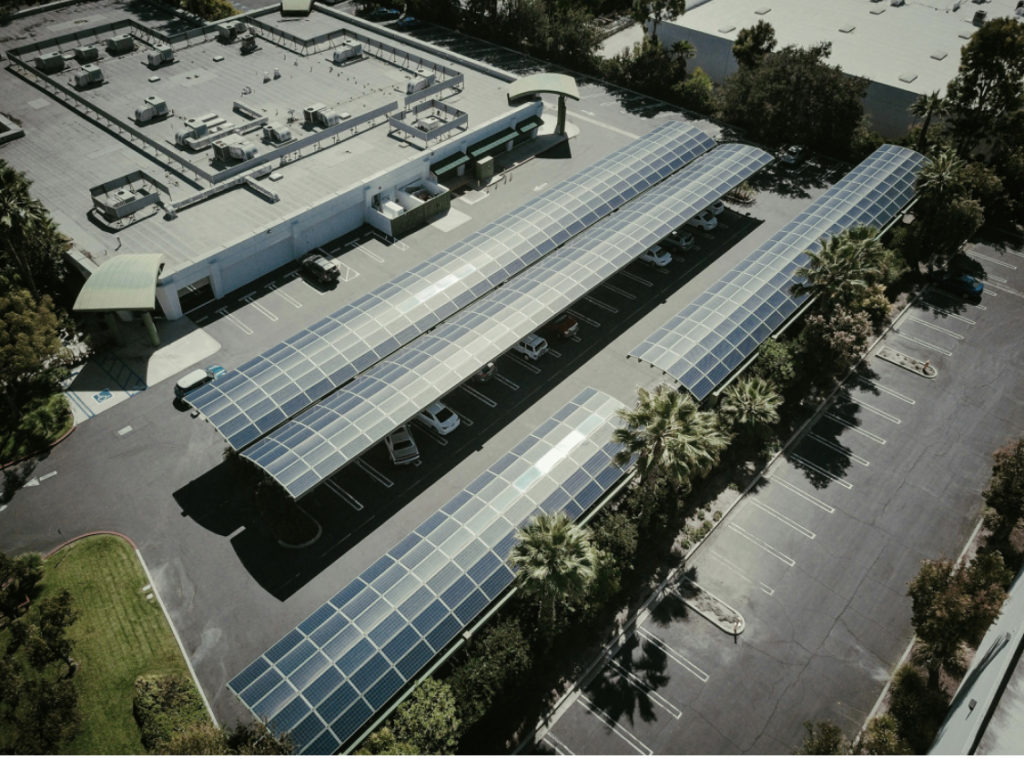In the rapidly evolving world of manufacturing, continuous innovation is not just a strategy but a necessity for survival and growth. The adoption of new technologies, processes, and methodologies is imperative for manufacturers to remain competitive in a global market. A recent study visit to some of the leading manufacturing facilities across the globe offered profound insights into how continuous innovation can be effectively integrated into manufacturing practices. This blog explores the key takeaways from this enlightening journey, emphasizing the importance of innovation in modern manufacturing environments.
The Catalysts for Innovation
The study visit began with an understanding of what drives innovation in manufacturing. Several factors were identified as key catalysts, including the need to improve product quality, increase efficiency, reduce costs, and meet the ever-changing customer demands. Environmental sustainability has also emerged as a significant driver, pushing manufacturers to adopt greener processes and materials.
Integrating Technology: The Backbone of Modern Manufacturing
One of the standout observations from the visit was the pivotal role technology plays in enabling continuous innovation. Advanced manufacturing technologies such as 3D printing, robotics, the Internet of Things (IoT), and artificial intelligence (AI) have transformed traditional manufacturing landscapes into smart factories. These technologies not only streamline production processes but also enhance flexibility, allowing manufacturers to respond swiftly to market changes.
The Power of Lean Manufacturing and Continuous Improvement
Lean manufacturing principles, focusing on minimizing waste and maximizing productivity, were observed to be at the heart of innovative manufacturing environments. The concept of continuous improvement, a core aspect of lean manufacturing, encourages a culture where innovations are consistently sought and implemented. This approach not only improves operational efficiency but also fosters a dynamic environment where creativity and innovation can flourish.
The Role of Human Capital in Fostering Innovation
While technology is a crucial enabler, the study visit underscored the importance of human capital in driving innovation. Skilled employees who are trained to think critically and work collaboratively are invaluable assets. Encouraging a culture of knowledge sharing, continuous learning, and empowerment enables employees to contribute innovative ideas and solutions. Companies investing in training and development programs for their staff were seen to be more successful in implementing continuous innovation.
Collaboration and Partnerships: Expanding the Innovation Ecosystem
Collaboration between manufacturers, suppliers, research institutions, and customers is essential for sustaining innovation. The study visit highlighted examples of successful partnerships that have led to breakthrough innovations. Open innovation platforms, where businesses collaborate with external entities to co-develop new products or technologies, were particularly effective in accelerating the innovation process.
Overcoming Challenges to Sustain Innovation
Despite the clear benefits, integrating continuous innovation into manufacturing is not without challenges. Resistance to change, especially in established companies with traditional practices, can hinder innovation efforts. Moreover, the initial cost of adopting new technologies can be high. However, the long-term benefits of enhanced competitiveness and efficiency can significantly outweigh these challenges. Manufacturers need to adopt a strategic approach, prioritizing areas with the highest potential impact and implementing change incrementally.
Future Trends: The Path Forward
Looking ahead, the trajectory of manufacturing innovation points towards increased digitization, automation, and customization. The rise of Industry 4.0, characterized by interconnected and intelligent manufacturing systems, is set to redefine manufacturing paradigms. Sustainable manufacturing, focusing on eco-friendly processes and materials, will also play a critical role in shaping the future of the industry.
Conclusion
The study visit provided invaluable insights into the critical role of continuous innovation in manufacturing. By integrating advanced technologies, adopting lean principles, fostering a culture of continuous improvement, and promoting collaboration, manufacturers can navigate the complexities of the modern market. Continuous innovation is not just a strategy for growth but a commitment to evolving in tandem with technological advancements and market demands. As the manufacturing industry continues to evolve, those who embrace innovation will not only survive but thrive in the competitive landscape of tomorrow.
This exploration into the heart of innovative manufacturing practices demonstrates that the future of manufacturing lies in the hands of those willing to continuously adapt and innovate. The journey of continuous innovation in manufacturing is an ongoing process, one that demands dedication, strategic thinking, and a proactive approach to embracing new opportunities and challenges.
Meet your peers and contact us to plan your next Study Visit
